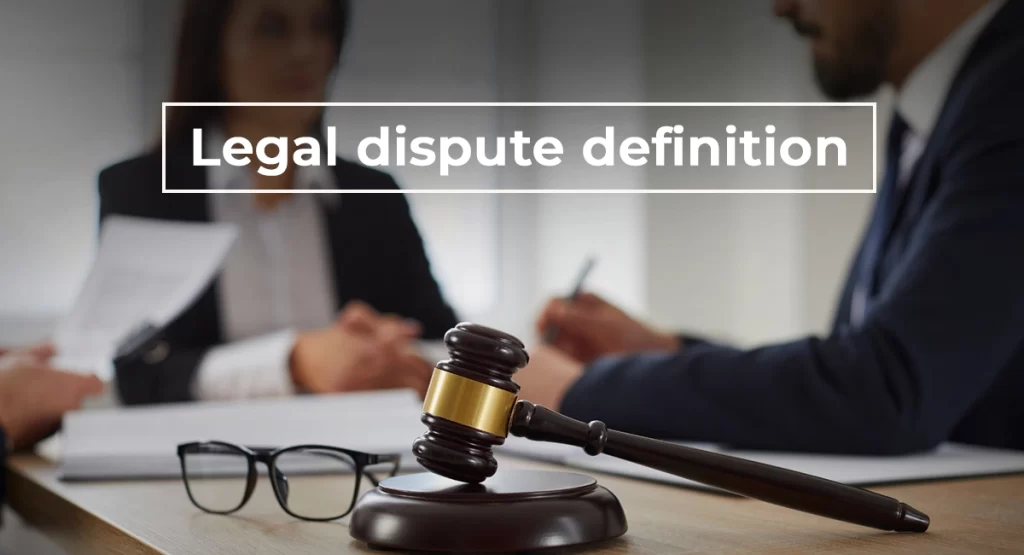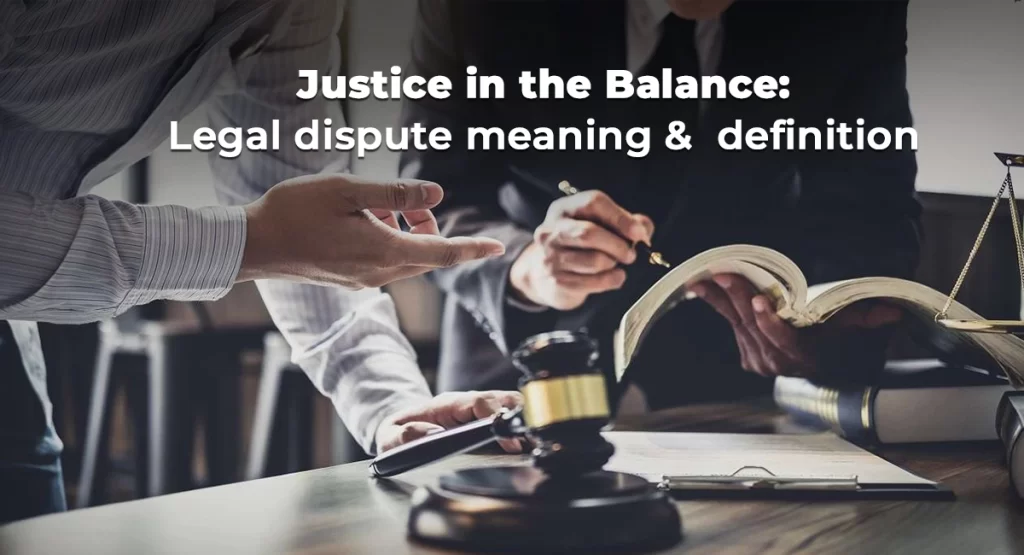Legal disputes meaning are a common occurrence in various aspects of life, ranging from business transactions to personal matters. These disagreements can arise when there is a conflict over legal rights or obligations, requiring intervention to resolve the issue. Understanding the nature of legal disputes is essential for individuals and organizations alike, as they can have significant implications on finances, relationships, and reputation.
One specific aspect of legal disputes is the issue of legal fees. Disputes over legal fees can arise if a client believes that the fees charged by their attorney are excessive or not justified based on the services provided. Resolving these disputes often involves a detailed review of the fee agreement, the work performed, and the reasonableness of the fees charged. In trust disputes, particularly in California, the payment of legal fees can vary depending on the terms of the trust document and the specific circumstances of the case.
Some trusts may provide for the payment of legal fees from the trust assets, while others may require each party to bear their own legal fees. Understanding the rules and practices regarding the payment of legal fees in trust disputes is essential for ensuring that the parties involved are treated fairly and that the dispute is resolved in a timely and efficient manner.
What is a Legal Disputes Meaning ?
Imagine this: you hire a contractor to renovate your kitchen, but the final product is a far cry from what you agreed upon. You try to reason with the contractor, but they refuse to budge. Here’s where a legal dispute comes in.
A legal dispute is a disagreement between two or more parties involving legal rights or obligations. It’s a situation where both sides have opposing views on what the law says or how it should be applied in their specific situation. These disputes can arise from various situations, including:
- Breach of Contract: One party fails to fulfill their obligations under a written agreement.
- Property Disputes: Disagreements about ownership rights, boundaries, or access to property.
- Debt Collection: When someone owes money and refuses to pay.
- Personal Injury: Disputes arising from accidents or negligence that result in injury.
- Family Law: Issues like divorce, child custody, or inheritance.
Definition Legal Dispute: More than Just Bickering
A legal dispute is more than just a simple disagreement; it involves legal rights and obligations established by law or contracts. This means that the disagreement is not merely a matter of opinion but is rooted in specific legal principles or agreements. Additionally, a legal dispute is characterized by its materiality; it must be significant enough to warrant legal action. Minor inconveniences or trivial matters would not typically qualify as legal disputes.
In a legal dispute, at least one party seeks a formal resolution through the legal system. This could involve filing a lawsuit, initiating arbitration proceedings, or seeking mediation. The desire for a formal resolution distinguishes a legal dispute from a casual disagreement that can be resolved through negotiation or informal means. Seeking legal recourse indicates that the parties are unable to resolve the issue on their own and require the intervention of legal authorities to reach a resolution.
Disputing Legal Fees: When the Bill Bites Back
Legal fees can add up quickly. Sometimes, you might feel the fees charged by your lawyer are unreasonable. Here’s what you can do:
- Review Your Fee Agreement: Before starting work, you should have a signed agreement outlining the lawyer’s fees and billing structure (hourly rate, flat fee, etc.). Review this agreement and identify any discrepancies with the actual bill.
- Communicate Concerns: If you feel the fees are excessive, talk to your lawyer directly. Explain your concerns and request a breakdown of the charges.
- Mediation or Arbitration: If communication doesn’t resolve the issue, consider mediation or arbitration, which can provide a more cost-effective way to settle fee disputes.
- Formal Complaint: As a last resort, you can file a formal complaint with your state’s bar association. However, this should only be pursued after attempting to resolve the issue directly with the lawyer.

Who pays legal fees in a trust dispute in California ?
California trust disputes are a specific type of legal dispute, and legal fees associated with them can be complex. Here’s what you need to know:
- Trust Basics: A trust is a legal arrangement where someone (settlor) places assets in the trust for the benefit of another person (beneficiary).
- California Trust Disputes: Disputes can arise over the interpretation of trust language, the actions of the trustee (person managing the trust), or the rights of beneficiaries.
- California Fee Rules: California follows “American Rule” for legal fees. This generally means each party bears their own legal expenses, regardless of who wins the case. However, there are exceptions, such as if the trust itself provides for attorney fees or if one party acted irresponsibly in managing the trust.
Important Note: This blog doesn’t constitute legal advice. If you’re facing a legal dispute or have concerns about legal fees, consult with a qualified attorney in your area. They can provide specific guidance based on the details of your situation.
California Law Resources:
For more specific information on legal fees in California trust disputes, here are some helpful resources:
- California Bar Association: https://www.calbar.ca.gov/
- California Courts: https://www.courts.ca.gov/
Beyond Definitions: The Spectrum of Legal Disputes
Legal disputes vary in complexity and can be resolved through various means. Some disputes are settled informally through negotiation, mediation, or arbitration, avoiding the need for courtroom involvement. For smaller disputes with limited financial claims, parties may opt for small claims court, which offers a simpler and more cost-effective process. However, for more complex disputes, litigation in the traditional court system is necessary, involving a judge or jury and often requiring more time and resources..
The Takeaway: Knowledge is Power
Understanding legal disputes empowers you to navigate disagreements more effectively. While some disputes might be resolved through simple communication, others might require formal legal intervention. By understanding the legal framework and potential avenues for resolution, you can make informed decisions and protect your rights.

